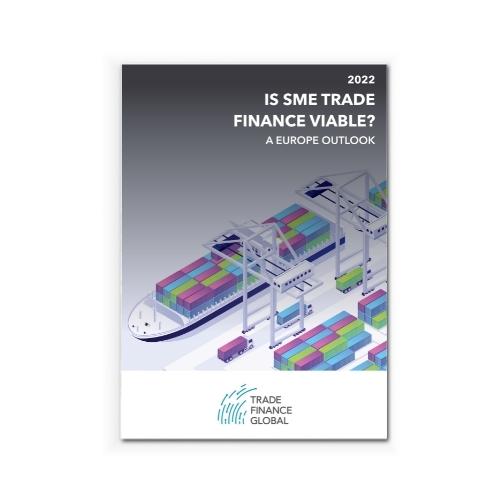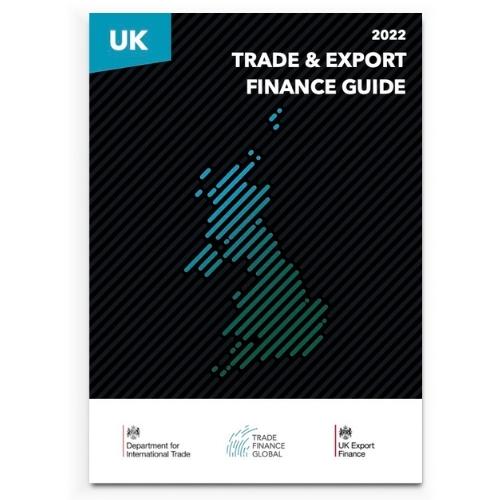The Basic Concepts of a Guarantee
In international transactions, it is often the case that a third party – often a bank – guarantees to pay an amount of money to one party if the counterparty defaults, for instance, if it fails to deliver a project within the agreed timeline. Thus, the Guarantee transfers the creditworthiness of the Applicant to the bank (which acts as the Guarantor).
It is very important to understand that the Guarantor agrees to pay a certain amount of money to the Beneficiary if there is a breach of contract. The Guarantor does not agree to complete the project, fix the machine, deliver the goods, or whatever else might be the subject of the Guarantee. In fact, the Guarantor does not guarantee that the application will fulfil its obligation, it only commits to pay, in whole or in part, the amount stated in the Guarantee.
Although the Guarantee is independent from the underlying transaction between the parties, it exists as a support to the transaction. It is therefore important for the wording of the Guarantee to clearly stipulate what is covered. It is usual for a Guarantee to use standard wording, but there will often be cases where the wording is different from the norm. Legal assistance is often required when properly drafting a Guarantee.
Definition of a Guarantee
There are many definitions of a Guarantee, but a typical example is:
“An independent document by which a bank issues, at the request of its customer, an irrevocable guarantee to pay a sum of money to a third party, provided a complying demand is presented.”
This definition clearly exposes some of the basic principles that underlie Guarantees:
- An independent undertaking by a bank (hereafter named ‘Guarantor’). The Guarantor becomes obligated to pay an amount, specified in the Guarantee, provided the terms of its Guarantee are complied with.
- A Guarantee is irrevocable, meaning that once issued it cannot be amended nor cancelled during its validity period without the consent of the parties, i.e. the Guarantor and/or the Beneficiary.
Additional aspects of a Guarantee
The Guarantee is usually a ‘passive instrument’ as, once issued, it is not expected to be drawn on. The Applicant and Beneficiary will usually settle the underlying contract outside of this instrument. However, it remains valid until it has expired and serves as security under the commercial transaction. In the majority of cases, the Guarantee will only be drawn on when the Applicant is in breach of its underlying contract.
When used, the Guarantee becomes a ‘payment instrument’, with the trigger for payment being the presentation of a demand and/or any other pieces of information outlined in the wording of the Guarantee.
Guarantees can be classified as either independent or accessory. Once a Guarantee is issued, the Guarantor and the Applicant are informed about the type they are dealing with, the text of which will never include elements from both types. Guarantees are independent from the underlying relationship and the application. Thus, a reference to the underlying relationship for the purpose of identifying it does not change the independent nature of the instrument.
The Guarantor deals with documents, not with goods, services or performance that the documents may relate to. In addition, the Guarantor is not liable for the effectiveness of these factors, so will not check whether the information contained within the Guarantee is correct.
Demand Guarantees
When a demand is made to the Guarantor (and it is compliant with the terms of the Guarantee), the Guarantor is obligated to pay, regardless of the underlying relationship. The obligation is based solely on the Guarantee itself and the demand.
Many other words are often used in conjunction with Demand Guarantees, such as unconditional, abstract, autonomous and primary obligation.
Accessory Guarantees
There are also Accessory Guarantees, where a Guarantor binds itself to a fixed amount in order to cover a debt or default for the application. Should the Applicant become unable to fulfil its obligation, the Guarantor is obliged to pay in accordance with the terms of the Guarantee.
There is an evident, strong linkage between the Guarantee and the underlying contract which, in most cases, means that a demand must prove the contractual default and the Guarantee will often require an award consisting of the amount resulting from the default.
An Accessory Guarantee depends on an underlying contract. The Guarantor is entitled to invoke the defences which the principal may have against the Beneficiary. In case of dispute, the Beneficiary must prove their rights from the underlying transaction. The bank which has issued the Guarantee has the right to object to a claim and is only obliged to pay upon presentation of either a court decision, or an arbitrational settlement justifying the claim. In addition, the principal may provide written approval of the claim.
Non-Accessory Guarantees
With a Non-Accessory Guarantee, the main principle is ‘pay first – argue later’. From the Beneficiary’s point of view, this type of Guarantee is often a better form of security than an Accessory Guarantee, which are often dependent on local legislation. Obviously, given that laws differ greatly from country to country, one should be extremely cautious when using them. Sometimes, Accessory Guarantees cannot be issued subject to URDG 758 (The ICC Uniform Rules for Demand Guarantees) nor to other sets of ICC rules; UCP 600 and ISP98.
What are the different types of Guarantees?
Direct Guarantees
By far the most common way to issue a Guarantee, as these are issued by the Guarantor directly the Beneficiary, who must present demand for payment direct to the Guarantor. This demand can be issued by letter, telecommunications, or via SWIFT. In this instance, the Guarantee is issued by the Applicant’s bank and forwarded to the Beneficiary through its bankers.
The advising party is not obligated to the Beneficiary under the Guarantee – it merely acts as a kind of ‘post office’.
Indirect Guarantees
The Beneficiary receives a bond issued by a bank in its own country. This is usually its own bank, although it can be originally issued by the Applicant. In this case, it is called a Counter Guarantee. In practice, the Applicant’s bank issues the Counter Guarantee to the Beneficiary’s bank and instructs it to issue its own Guarantee to the Beneficiary.
A Counter Guarantee may be defined as:
“An undertaking given by the counter-Guarantor to another party which names that party as the Beneficiary to procure the issue by that other party of a local guarantee to be issued to the Beneficiary in the underlying contract/relationship.”
These separate and distinct Guarantees each provide payment upon the presentation of a complying demand. If the demand is to be made under a local Guarantee, the Guarantor will present its demand under the Counter Guarantee. This is common practice in many Middle Eastern countries.
In this case, the Counter Guarantor is obligated to the Guarantor and the Guarantor is obligated to the Beneficiary. The Counter Guarantor undertakes to reimburse the Guarantor should a complying demand be made under the Guarantee.
Download our free SME trade finance research
Download the 2023 export finance guide
Contents – Guarantees Hub
1 | What is a Guarantee
2 | The Basic Concepts of a Guarantee
3 | Rules, Practices, Conventions and Laws
4 | The purpose of a Guarantee
5 | The structure of a Guarantee
6 | Research
7 | Demand Guarantees
8 | URDG 758 Rules and Their Impact on Demand Guarantees
 Australia
Australia Hong Kong
Hong Kong Japan
Japan Singapore
Singapore United Arab Emirates
United Arab Emirates United States
United States France
France Germany
Germany Ireland
Ireland Netherlands
Netherlands United Kingdom
United Kingdom









